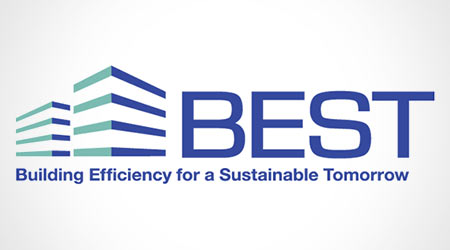« Back to Facilities Management News Home
« Commercial Office Facilities
Diverse Economic Drivers in Dallas, Houston and Austin Shaping Distinct, Independent Economies in Texas Triangle
With nearly a half billion square feet of office space and counting, it should come as no surprise that the Texas Triangle—Austin, Dallas-Ft. Worth and Houston—is a hotbed of economic prosperity and growth. In a new report, CBRE Group, Inc., analyzes the economic drivers behind the growth of the $1.7 trillion annual state economy and the major skyline inventories, which are as diverse as the population.
“The inventory cycles within Texas’ signature city skylines are vastly different in terms of demand and rent patterns, and they’re driven by a wide and diverse set of influences,” said Robert Kramp, Texas-Oklahoma Director of Research and Analysis, CBRE. “To put it simply, oil in Houston and technology in Austin are two distinct industries fueling a majority of tenant demand. DFW, on the other hand, is more diversified and follows a real estate cycle further aligned with U.S. trends and overall American corporate fiscal performance.”
DFW is in the midst of its office construction cycle—seven million square feet of new office product is in the works -- driven by major corporate relocations and employment growth that far outpaces all other metro areas in Texas and ranks third in the country. In the last 14 years, DFW has consistently recorded positive office demand and was the only Texas market to maintain positive numbers during the Great Recession. Even with record absorption, DFW has a consistently higher office availability rate than Houston and Austin, now hovering around 24 percent, compared to Houston’s 20 percent and Austin’s 15 percent.
Meanwhile, Houston is on the tail end of delivering the last of the current cycle’s new office product after setting the pace for the rest of the country out of the Great Recession. As the final buildings deliver, developers will have added more than 30 million square feet of new inventory since 2010, primarily in response to energy company demand. That’s about the size of New York City’s Times Square submarket and two-thirds of Austin’s entire office inventory. The decline of crude oil prices has triggered office vacancy and soaring sublease availability in submarkets like West Houston, the CBD and The Woodlands, yet energy companies continue to drive leasing activity and account for 40 percent of the tenants currently in the market; financial, legal and business services comprise 11 percent each.
Austin, or the Silicon Hills, is a major tech incubator in the state—in 2015, 80 percent of the 119 relocations to or expansions in Austin came from the tech industry, driving explosive growth in the co-working sector and contributing to its transformation to an 18-hour city. The quality of Austin’s overall office inventory surpasses the other major Texas metros with 60 percent of the market comprising high quality Class A product, compared to a 54 percent share in Houston and DFW. Demand has pushed Austin rents to historic highs, reaching $48 per square foot at the end of the second quarter.
“The diversity among these major metro areas is one of the Lone Star State’s greatest strengths,” said Andrea Cross, Head of Americas Office Research, CBRE. “The Texas Triangle includes three historically strong markets with distinctly independent paths forward that will continue to fuel the state’s reputation as a leading engine of national economic growth. Job growth and economic opportunity in this region will continue to drive population growth, which is expected to increase to 31 million people over the next 30 years—60 percent of that growth will be in the three major metros.”
Download the report
For more information, visit www.cbre.com.
More From 9/23/2016 on FacilitiesNet








